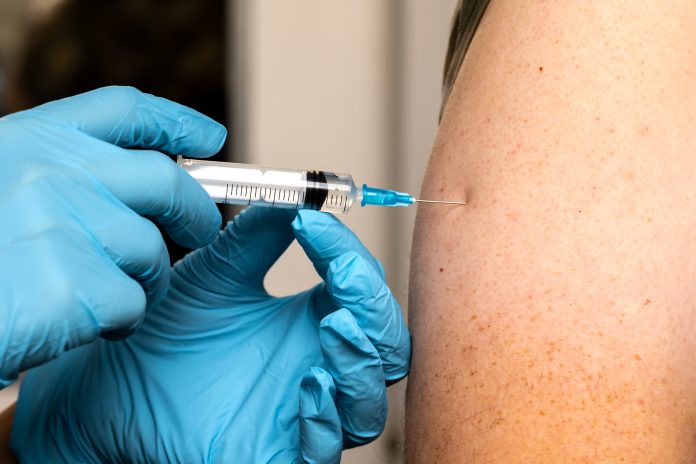COVID-19 booster jab will protect people from existing, and potentially future, variants, according to scientists at the University of Nottingham
A team of scientists from the University of Nottingham found that a second dose of the Pfizer vaccine dramatically increased virus variant neutralising antibody responses, suggesting that an additional booster jab will further protect people against variants.
The team identified a small group of healthcare workers who were vaccinated with the Pfizer jab, around half were exposed to the virus and half were not.
They then looked at the antibody response before a vaccine dose, after the first vaccine dose, and after the second vaccine dose.
Variants of concern
Professor Jonathan Ball from the School of Life Sciences at the University and one of the lead investigators on the study, said: “We showed that the individuals with past infection produced more antibodies following each dose of vaccine than those who hadn’t been exposed. We also showed that this increased antibody response was more effective against some of the variants of concern, such as the Beta and Gamma variants.
“In essence, natural infection has mimicked the effects of an additional vaccine dose, and our data clearly shows that this additional antigenic exposure produces an extra boost to the overall virus-killing antibody response that is more effective against variants of concern. Our results support the UK Government’s plan to provide a booster jab in the autumn as an effective strategy in protecting people against these variants.”
Ben Ollivere, Professor of Orthopaedic Trauma from the School of Medicine at the University, who established the study of healthcare workers, and senior author explained: “Having access to information on infection for over a year before the second dose of the vaccine has made it possible to identify the effects of previous SARS-CoV-2 infection compared to the effects of the vaccine on antibody responses.”
Professor Ana Valdes, one of the lead investigators on the PANTHER cohort, and one of the senior authors, said: “Our data shows that immunity generated from SARS-CoV-2 infection likely results in lower levels of protection to variants of concern, but vaccination greatly increases levels of variant neutralising antibodies. Similarly, individuals who have not had SARS-CoV-2 infection should complete their course of prime and booster vaccination doses. Our data also suggest that excellent protection is afforded in this way to major variants of concern.”
Dr Richard Urbanowicz, currently at the University of Liverpool, and one of the lead authors, explains: “We used a modified mouse virus, that emits light once it gets inside a cell, and covered its surface with the SARS-CoV-2 spike protein. This system, called pseudotyping, enables us to ‘swap out’ the spike protein of different variants, which allows us to test the antibodies from the healthcare workers against several variants of concern.”
“The readout is simple – if the healthcare worker has neutralising antibodies, they block the virus from entering the cell, and no light is emitted. If they don’t have virus neutralising antibodies, then the pseudotypes enter the cell and we can measure the light that they emit once inside.”











